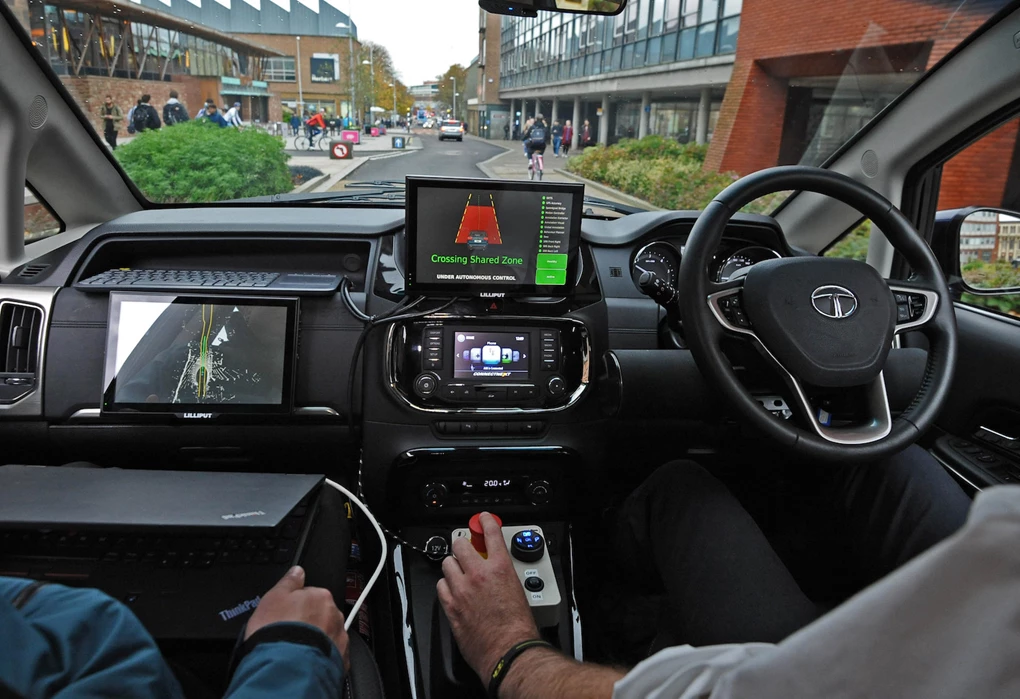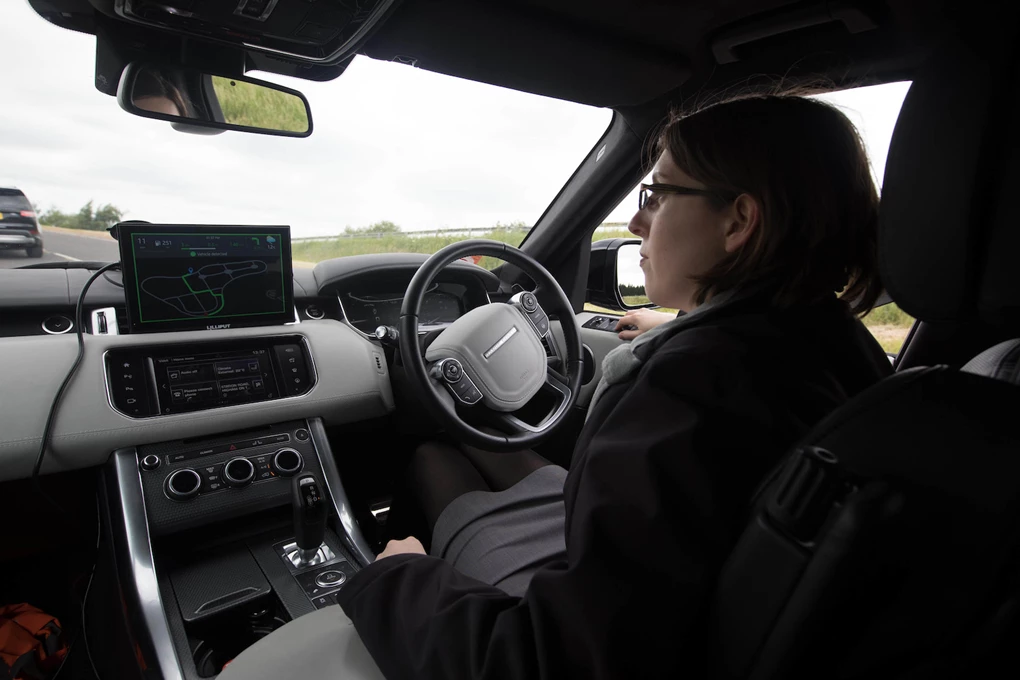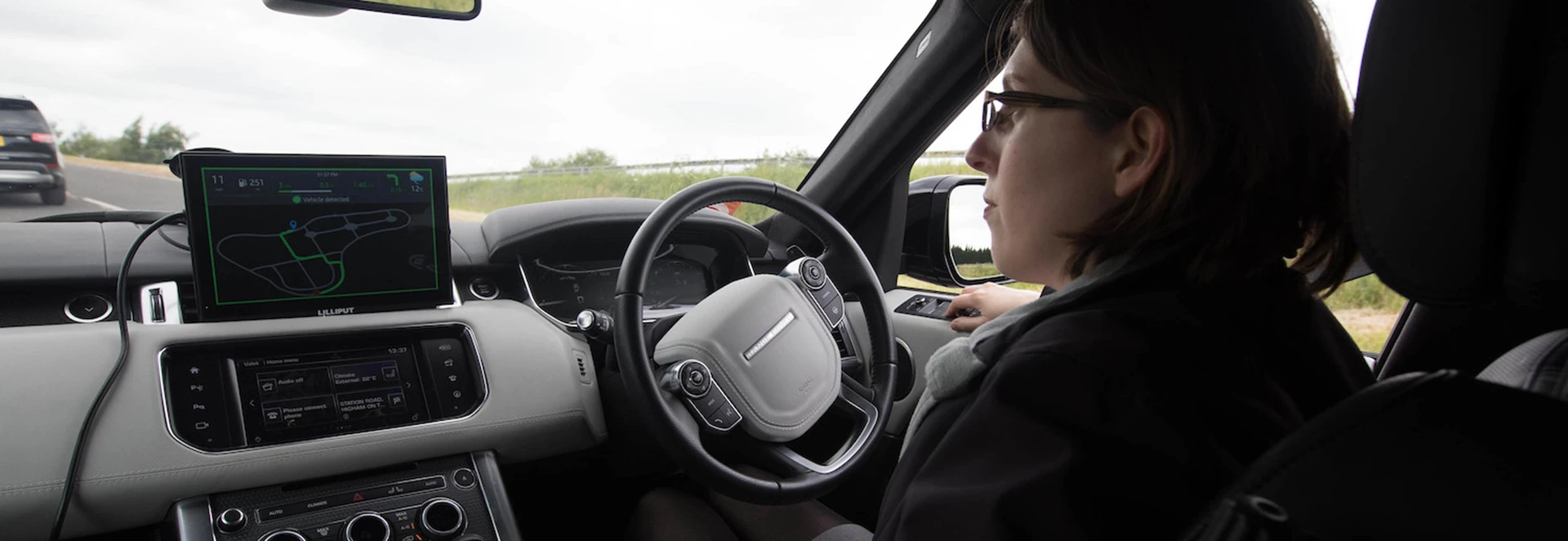Driverless cars are set to be the future of motoring, as manufacturers continue to develop the necessary technology and implement it into our road cars.
But there might be some opportunists in the future that think even if they are in charge of an autonomous car, they can have a few drinks and be driven home by the vehicle.

Well, Chinese tech company Huawei has submitted a patent for autonomous vehicles that could detect whether drivers are drunk or sleepy when getting behind the wheel.
The patent was submitted to the European Patent Office and published on January 17, with the abstract of the submission suggesting that Huawei’s system can detect the condition of the driver and make a decision whether they can take control of the car or not.
Via machine learning, the interior environment of the vehicle would see whether the person behind the wheel was in the right condition to drive and could lock the controls depending on if they are tired, drunk, distracted or even suffering from road rage. It would look through past images of the driver and access their facial expression and speech to see what condition they are in.

If the driver is drunk, the car might even call the police, as even being in the driver’s seat under the influence of alcohol is an offence.
According to the patent, the Huawei system might not be sure on the driver’s state of mind, so could ask the driver some questions before gauging what it should do next.
The system, which would use various sensors and cameras, could also be trained to detect bottles of alcohol, drugs and weapons.
Driverless systems are currently being tested in the UK, with the government hoping to introduce autonomous vehicles to the roads by 2021 – with trials taking place in London and other cities around the country.




